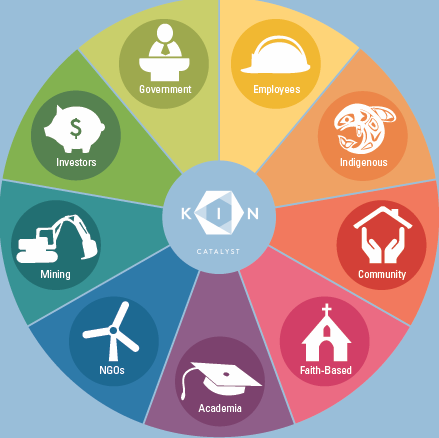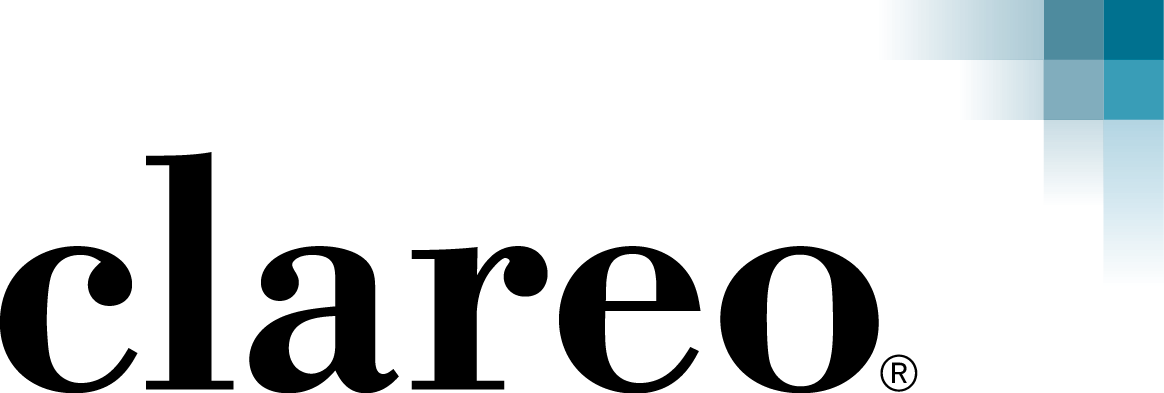In 2013, I visited the Vatican and in 2014 the Church of England with over 25 mining CEOs and business leaders. These days were created to be “Days of Refection.” These were not your average business conferences and something I had previously not thought possible. However, the mining industry is at a crossroads. Although the mining industry makes up a good share of the GDP in many countries, the industry’s license to operate is weakening. In the past five years, the mining industry has seen US$90B worth of expropriations by governments; more than $25B worth of projects stopped by local communities; and taxes and other imposts increasing, impacting viability of projects. Clearly, with increasing pressure to improve social, environmental and economic performance for a broader range of stakeholders, progressive leaders in the industry, such as Mark Cutifani, CEO of Anglo American, agree that a new business model is needed.
For the past three years, I’ve co-led with Mark Cutifani an initiative to transform the mining industry for the Kellogg Innovation Network at the Kellogg School of Management. We call it the KIN Catalyst: Mining Company of the Future. With my team, we’ve built a creative coalition of leaders across multiple sectors to envision what mining could be—a framework for sustainable development. You will note in the graphic below that we carefully curated the coalition to include all stakeholders in the broader mining eco-system.

DPF Wheel.
Exhibit 1: Mining Company of the Future Participants
Through a series of interactive workshops, we co-created a framework that outlines a new path for mining companies that includes a broader purpose. The key to this new framework is that it moves the mindset of the mining industry from an extractive business model to a development partner business model—essentially shifting from insular and reactive to proactive and inclusive. By focusing on the three pillars of shared purpose, flourishing ecosystems and competitive companies, communities and countries; a mining company could help to ensure better economic, social and environmental performance in the countries where they operate.
Exhibit 2: The Development Partner Framework
A particularly innovative aspect of this has been to catalyze a new conversation with faith-based organizations, including the Vatican and the Church of England. Both religious organizations seek equitable prosperity and the protection of creation. They also represent over 1.2 billion people and have a global reach. Although the mining industry and faith-based organizations speak an entirely different language and come from very different perspectives, they have come together to create a model for inclusive growth. Once the framework was completed, both organizations held Days of Reflection for industry leaders and have also conducted programs to bring church leaders to mine sites in five countries to better understand the issues and work together to find answers. The mining industry has now taken the lead and is driving the on-going faith-based engagement and we remain an active participant.
During this process, we have learned a few things about what it takes to build a successful coalition and create change at scale in even the most traditional, capital intensive industries.
- Provide a Neutral and Trusted Platform: To bring people from very different perspectives together, a neutral platform is needed. The Kellogg Innovation Network provided that platform. It also kept us focused on building sustainable prosperity.
- Encourage Co-ownership and Co-development: The interactive and co-working nature of the workshops created a sense of ownership among all parties and provided additional support from unexpected sectors.
- Adopt a 100-Year Mindset: Always keeping in mind a 100-year perspective helped the coalition to develop a framework that builds long-term value and incorporates the financial, social and environmental.
- Leverage Intermediaries: Both faith and nonprofit-based organizations (e.g. OxFam) have been powerful intermediaries for the Mining Company of the Future initiative. If you can identify organizations that have trust and influence, engage them in a dialogue and collaborate where possible.
- Continue a Robust Dialogue: To change an industry, you need to keep sharing your message, welcoming input and encouraging adoption of your framework. In addition to conferences, articles, workshops and webinars we are planning for an institute that will organize and support all activities related to the Mining Company of the Future.
The Mining Company of the Future initiative thus far has built bridges between diverse sectors. It has gained support from faith-based organizations and recently, has been adopted by indigenous organizations for assistance in negotiations. We see the potential for the framework to change the entire eco-system surrounding mining, considering all stakeholders as partners and co-owners in creating a sustainable prosperity.
For more information on the Development Partner Framework, visit our webpage.
If you are interested in the Mining Company of the Future coalition, please email me at: pbryant@kinglobal.org.
